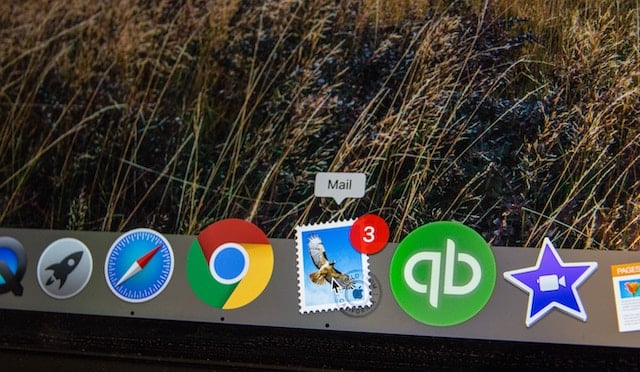

With the release of Penguin, ranking higher on Google seems to be less about gaming the system and more about engaging the visitor. It’s no longer enough to just drive visitors to your site by any means possible. In fact, SEO itself seems to be becoming a far more long-term, human strategy than a short-term, technical tactic.
This is undoubtedly a good thing.
I’m a business owner, not an SEO consultant, and so I’m excited about the change. As Google becomes more advanced and learns more about how visitors interact with our sites, SEO "tricks" are becoming less important, while the human element is becoming more vital. Having a good website becomes more like having a good party -- invite the right guests and then show them a good time them once they arrive.
With the new changes in mind, we looked at our own site to see what we needed to do next. Here's what we learned.
Not all traffic is good traffic
It seems counterintuitive to not want more traffic. But we needed to discourage traffic that doesn’t actually apply to our site. By looking at our organic traffic in HubSpot's Sources tool, we noticed several keywords that were driving visits but not, apparently, visits from people who were likely to convert into leads. In short, our site was clearly not satisfying the vast majority of visitors who were searching on certain keywords, based on what Sources showed us were our lead conversion rates, customer conversion rates, and bounce rates for these keywords.
With Penguin, this sort of activity is likely to be penalized. So it's time to clean up our keyword strategy, and try to attract less of this unqualified traffic by removing keywords that were frankly a little out of place on our site.
Keywords out of place
We identified several keywords that were out of place on our site, but for the sake of this post we'll just look at two. Neither of these keywords were producing quality visits to our site, and they were likely to cause trouble for us down the road.
Vacation - We had published a series of blog articles about vacationing while recovering from surgery or injury. Each of these posts had been tagged with the word “vacation." This ended up driving hundreds of visitors to our site who were looking for something very different. So while our page views on these posts were high, the bounce rate was huge. We changed the tag to the more specific “vacation on crutches," hoping that this would attract more relevant visitors and reduce the bounce rate problem.
Mad Baby - A few of our blog posts had featured a picture of a screaming baby and the alt text “Mad Baby.” While this alt text accurately described the picture, it didn't attract the right visitors to our site. People were finding our posts by searching for "mad baby" on Google, but then bouncing right away when they saw we weren't at all what they were looking for. So we changed these alt tags to “baby’s not happy when mommy’s on crutches,” hoping this would attract more appropriate traffic.
Keep your visitors at the party
As Google continues to evolve they'll be continuing to dig deeper into who visits your site (traffic), who stays on your site (time on site), who turns around in the parking lot or stays (bounce rate), and who tells their friends about it (social shares).
Our investigations demonstrated to us that many of our pages were simply not engaging. Our bounce rate was high, as was the exit rate. Using our Hubspot analytics tools, we identified the pages with the most visits that converted to leads or customers. Then we examined these pages through the eyes of our customer personas. Would this content be compelling to us? Would our next steps be clear? This thought experiment was a good start, and A/B testing our advanced landing pages should help us continue to improve our visitors' experience.
Any change can be difficult, but this latest Google update is inspiring to us. Improving in Google’s search engine seems to be less of a short-term game and more of a long-term strategy to serve our customers with the information they are searching for. Blogging, lead nurturing, and engaging customers in fresh ways is not only a better way to do business, it is a better way to rank over the long haul.






![Plannuh Builds Product With the Customer at the Forefront [Customer Story]](https://53.fs1.hubspotusercontent-na1.net/hubfs/53/IMG_0128-3.jpg)
![How One HubSpot Customer Uses Pop-Up Forms and Workflows to More Intelligently Help Customers [Customer Story]](https://53.fs1.hubspotusercontent-na1.net/hubfs/53/inbound-lorax-ff7a59-light.jpg)


![How TurboTenant Makes Property Management Easy With HubSpot [Customer Story]](https://53.fs1.hubspotusercontent-na1.net/hubfs/53/unique-balcony-architecture.jpg)